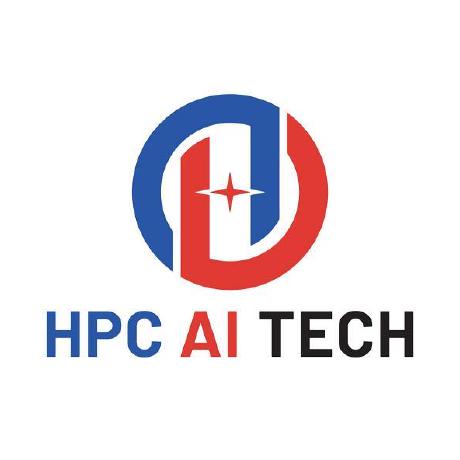Discover and explore top open-source AI tools and projects—updated daily.
FramePack by  lllyasviel
lllyasviel
Desktop software for video generation via next-frame prediction
Top 2.9% on SourcePulse
FramePack offers a novel approach to video generation by treating it as a next-frame prediction task, enabling efficient, progressive video creation. It compresses input contexts to a fixed length, making generation workload independent of video duration, and allows for large batch sizes akin to image diffusion training. This makes it accessible for users with limited hardware, including laptop GPUs, to generate longer videos.
How It Works
FramePack employs a next-frame prediction neural network architecture that generates videos sequentially. Its core innovation lies in compressing input contexts into a constant-length representation. This design choice decouples generation complexity from video length, allowing for efficient processing of extended sequences and enabling training with larger batch sizes, similar to image diffusion models.
Quick Start & Requirements
- Windows: Download the one-click package (CUDA 12.6 + PyTorch 2.6). Uncompress, run
update.bat, thenrun.bat. Models download automatically (30GB+). - Linux: Install PyTorch with CUDA 12.6, then
pip install -r requirements.txt. Run GUI withpython demo_gradio.py. - Requirements: NVIDIA GPU (RTX 30XX, 40XX, 50XX series supporting fp16/bf16), 6GB+ VRAM, Linux/Windows. GTX 10XX/20XX not tested.
- Resources: Expect 30GB+ model downloads. Generation speed varies by GPU (e.g., 1.5s/frame on RTX 4090, 4-8x slower on laptop GPUs).
- Links: Paper, Project Page
Highlighted Details
- Generates 1-minute videos (1800 frames) at 30fps with 6GB VRAM using 13B models.
- Provides real-time visual feedback as frames are generated.
- Supports various attention mechanisms (PyTorch, xformers, flash-attn, sage-attention).
- Warns that "teacache" and other optimizations can influence results.
Maintenance & Community
The project is associated with researchers from Meta AI and Princeton University. The team is on leave from April 21-30, which may delay PR merging.
Licensing & Compatibility
The repository does not explicitly state a license. The paper is available on arXiv.
Limitations & Caveats
The project is described as a functional desktop software with a minimal standalone sampling system. Users are advised that results can be sensitive to hardware and software configurations, and optimizations like "teacache" may impact output quality. The project also warns against numerous unofficial websites claiming to offer FramePack services.
4 months ago
1 day

 liuff19
liuff19 gausian-AI
gausian-AI AILab-CVC
AILab-CVC rhymes-ai
rhymes-ai aigc-apps
aigc-apps Tencent-Hunyuan
Tencent-Hunyuan jy0205
jy0205 Picsart-AI-Research
Picsart-AI-Research kijai
kijai Lightricks
Lightricks hpcaitech
hpcaitech